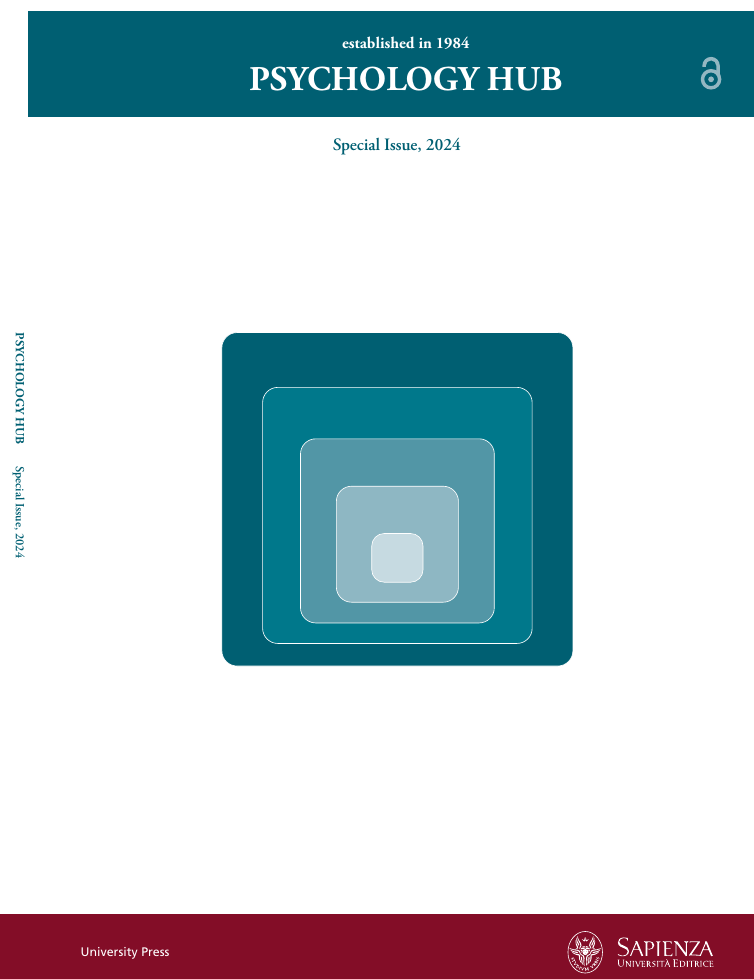Navigating Uncertainty: the importance of mindfulness for the mental health of volunteer rescuers involved in the Ukrainian humanitarian emergency.
DOI:
https://doi.org/10.13133/2724-2943/18408Keywords:
Volunteer rescuers, Ukraine emergency, Mindfulness, Intolerance of uncertainty, Mental healthAbstract
Volunteer rescuers provide a crucial support to the population during emergencies. Previous literature demonstrated that the involvement in humanitarian crises, such as the one arising from Russia's invasion of Ukraine, exposes individuals to emotional and cognitive stressors, leading to detrimental effects on their mental health. Hence, it is of the utmost importance to identify factors that can shield them from developing adverse health-related outcomes. Accordingly, the aim of this study is to investigate whether mindfulness would be related to emotional exhaustion and post-traumatic stress and whether this relationship would be mediated by intolerance of uncertainty. A total of 210 volunteers engaged in the Ukrainian humanitarian crisis completed questionnaires measuring mindfulness, intolerance of uncertainty, emotional exhaustion, and post-traumatic stress. Mediation analyses revealed that mindfulness was negatively related to emotional exhaustion and post-traumatic stress, both directly and indirectly through the mediation of intolerance of uncertainty. By uncovering the protective role of mindfulness, this study makes a valuable contribution to the extant literature on the psychological well-being of volunteers. From a practical standpoint, volunteering associations should provide their volunteers with training, including mindfulness sessions, in addition to offering psychological support services and debriefing sessions following their involvement in emergencies.
Additional Files
Published
How to Cite
Issue
Section
License
Copyright (c) 2024 Psychology Hub

This work is licensed under a Creative Commons Attribution-NonCommercial-ShareAlike 4.0 International License.





